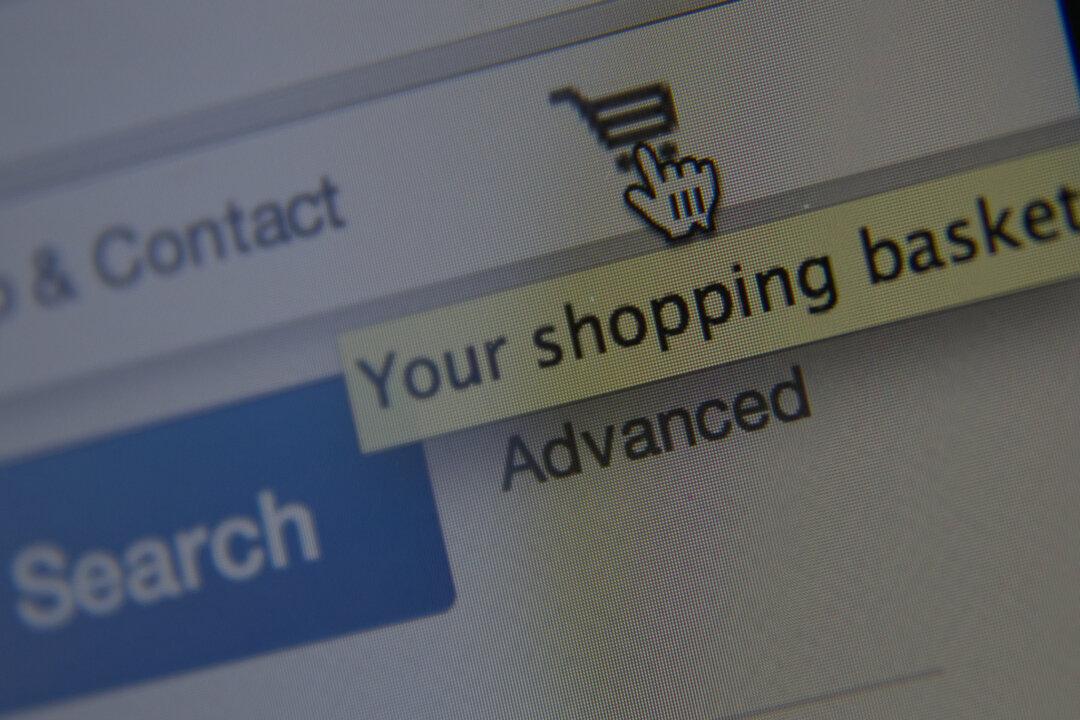Australians are being warned about accidentally gifting loved ones products with hidden malware or compromising their own cybersecurity when shopping online.
Anyone tempted by overseas and from smaller retailers offering bargains heading towards Christmas is at risk, according to Australian Information Security Association chair Damien Manuel.





